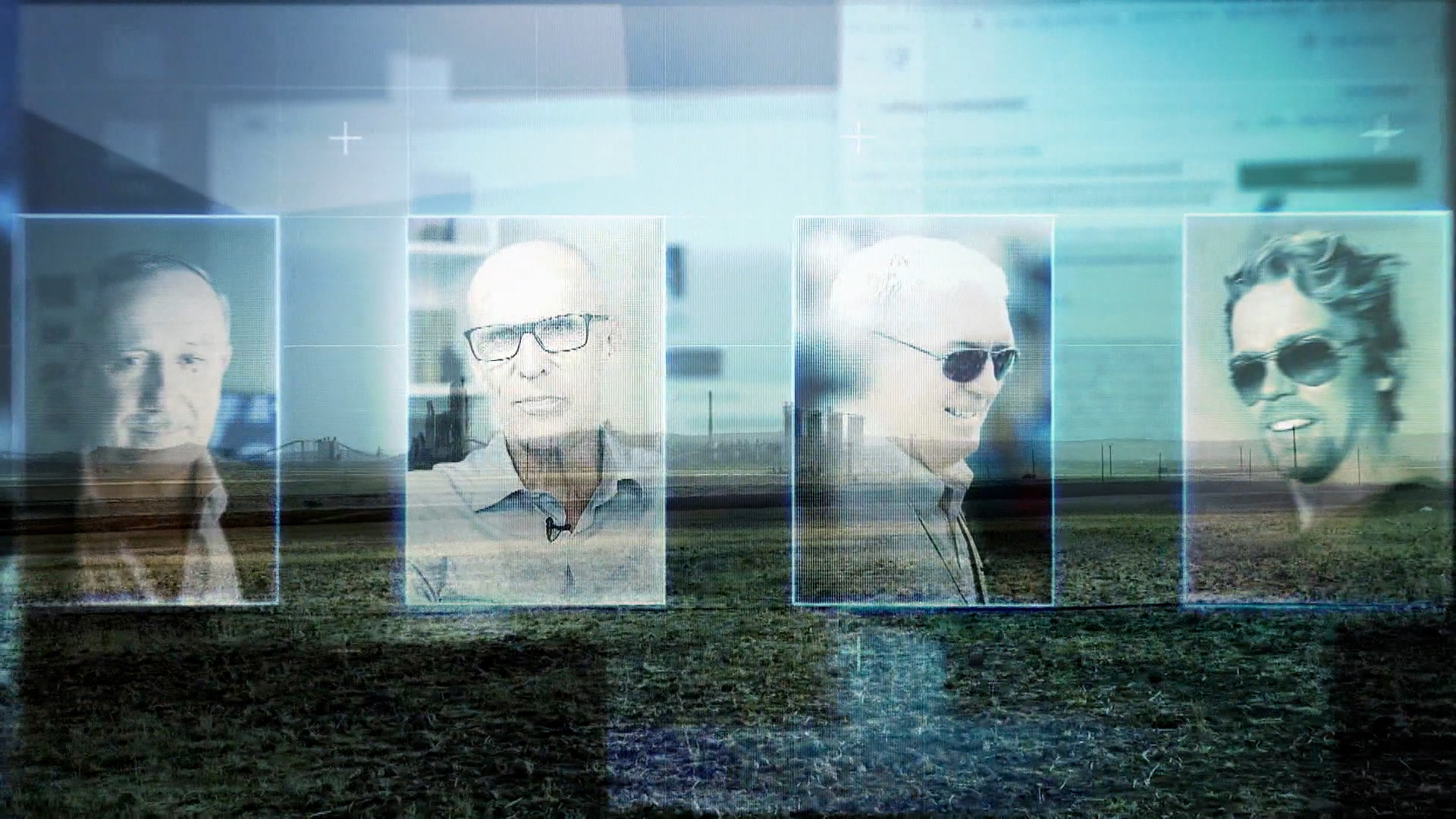The investigative film, which was broadcast by Al Jazeera on Friday (2023/6/9), revealed some secrets related to the French cement company "Lafarge", especially its relationship with armed groups in Syria during the period from 2011 to 2014 and its association with the French state, specifically intelligence, in addition to spying on the Islamic State for Western intelligence.
The investigation team was able to obtain thousands of documents related to the Lafarge case and interview relevant intelligence agents and officials in the hierarchy of power in France, who revealed secrets and secrets that were intended to be kept secret.
The film showed that senior officials at the Lafarge plant, which was inaugurated in 2010, built a spy network in northern Syria, to preserve the interests of their business company and at the same time leak highly classified information to French intelligence services and other American and Western services, which is confirmed by the director of French military intelligence (2017-2023) General Christophe Gomar in his testimony by saying that Lafarge employees were an important source of information and benefited their country France.
Lafarge provided French intelligence with a network of ready spies, led by the group's security chief, Jean-Claude Villar, who shuttled flights in northern Syria, an area in which some of the services were interested.
Claude Villar provided the French official at Lafarge with all the exact details about the headquarters of some jihadist factions, the names and addresses of their members, which is very important and accurate, according to one of the speakers in the film.
There was also another spy network in Dubai by a Syrian businessman named Firas Tlass, 63, who owns shares in the Lafarge cement plant, the son of former Syrian Defense Minister Mustafa Tlass, who fled to Paris at the start of the war with the blessing of the French authorities.
Firas, who prides himself on his ties to French intelligence, was leaking information about all Syrian armed factions and French fighters to a French diplomat at the French consulate in Dubai.
Firas' team not only obtained names and phone numbers in exchange for the money he paid at checkpoints, but also managed to penetrate the strongholds of the dominant organizations there, admitting in his testimony that he had men throughout Syria who sent him information every day, and that he sent many copies of the videos for the French foreign intelligence.
The Syrian businessman was paid $70,<> each month, paid to his clients inside Syria.
The largest French investment
According to the testimony of Claude Villar, who refused to be photographed and allowed his testimony to be written, "I provided information about Syria to Military Intelligence, the Counter-Terrorism Service and Foreign Intelligence starting in mid-2011."
With the beginning of the war in Syria, Claude Viard recruited two agents, one of them a Norwegian named Jacob Warnes, who was a policeman in his country's internal security apparatus, and the other a Jordanian named Ahmed Jaloudi, a security official at the Lafarge factory, who cooperated with US intelligence for his specialization in tracking terrorist networks and was honored by the US Congress, and the two were later prosecuted on terrorism charges.
The investigative film, titled "The Spies Factory", said an email sent by Claude Villar to the intelligence services included maps prepared by Jloudi showing the locations of the warring parties in Syria, the locations of Islamist leaders and checkpoints with the names of the groups they control.
A few days later, the French foreign intelligence prepared a memorandum on the situation in Syria, and the surprise was in the attached documents, which included the same maps sent by Lafarge employees, and classified these maps as defense secrets.
Asked why France keeps Lafarge's factory in Syria even though the country was at war, Fabrice Balanche, a lecturer at the University of Lyon, said the plant was France's biggest investment in Syria.
Balanche pointed out that if it was located in areas controlled by the Syrian government, Paris would have done everything in its power to close it, but its presence in a liberated area was in line with the orientations of French diplomacy, which expected the fall of the regime of Bashar al-Assad soon.
This was confirmed by former French President François Hollande (2012-2017), and what he was interested in was to ensure that the Syrian opposition was supplied with weapons and that they did not fall into the hands of what he described as hostile parties.
The film revealed how French intelligence services asked their agents at Lafarge to spy on the Islamic State, and in November 2013 Jaloudi was tasked with identifying some of the group's cadres, including Abu Omar al-Shishani, who will become its field commander.
In September 2014, three months after the declaration of the Islamic Caliphate, IS took control of the cement plant.
After six years of investigation, the judicial police found that the Lafarge factory enabled the armed organizations to obtain between two million and 6 million euros paid by Firas' men and bribes to the factory's customers, and tons of cement left in Syria.
In autumn 2017, French authorities issued an arrest warrant for Firas on suspicion of financing terrorism.

